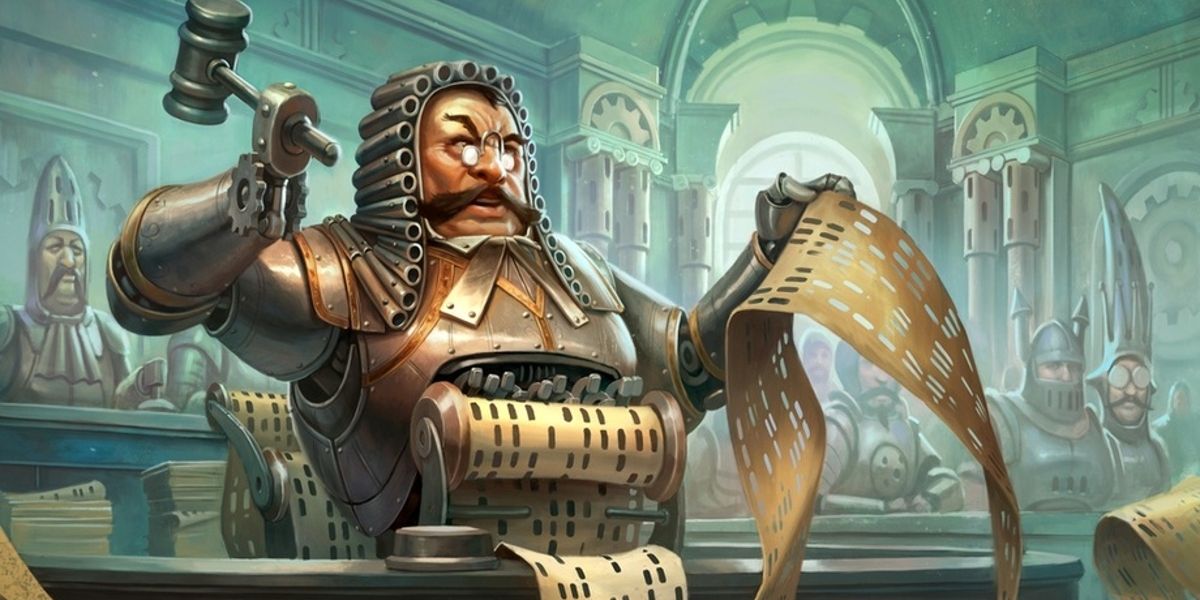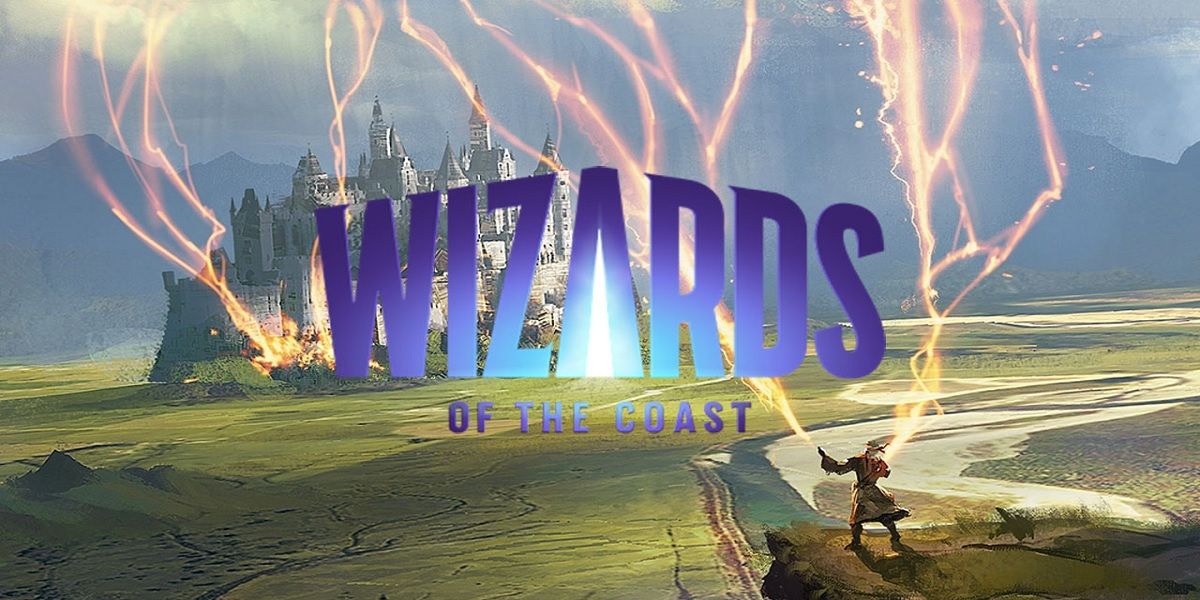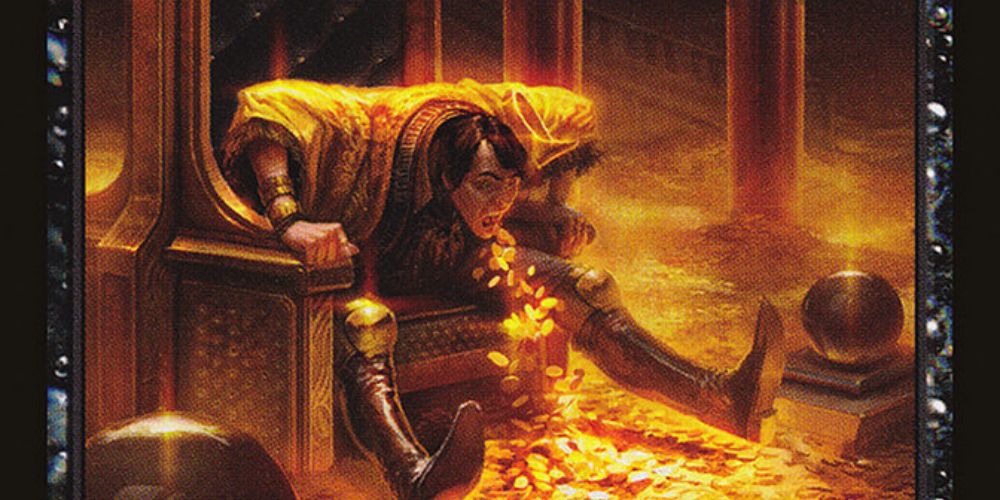Dungeons & Dragons publisher Wizards of the Coast has been under some heavy scrutiny the past few months. Between the intensely negative reaction to its Magic: The Gathering 30th Anniversary products and Bank of America casting doubt on the way Magic is being handled, Wizards likely took solace that the D&D end of things was still going well. However, a recent leak of its new Open Gaming License policies quickly had D&D fans just as upset with the gaming company as Magic fans have been.
D&D's Open Gaming License was established back in 2000 as a way to allow fans and independent game designers the chance to create their own materials for the popular TTRPG. The OGL lays out the rules of what kind of content can be made using D&D's basic rules, including which types creators were allowed to profit from. It's thanks to the OGL that fan-favorite D&D content like Critical Role and The Adventure Zone were allowed to make money playing WotC's game, but the newly leaked document for OGL 1.1 seems to be changing the rules for this type of content.
The New Open Gaming License Gives WotC Control Over Creators' Content
One of the biggest changes seemingly coming in OGL 1.1 is the type of content creators are allowed to make under the licensing agreement. One of the changes in the leaked document, which has since been confirmed by Wizards of the Coast, states that independent creators are limited to making content in the form of printed or digitally published TTRPG materials. This means that any content not directly related to a TTRPG, such as merchandise, fiction, and miniatures, is not protected under OGL 1.1. This also leaves content like Critical Role in a strange gray area, as recorded gameplay content was not mentioned in the statement.
Perhaps the most controversial change coming with OGL 1.1 is the increased level of control Wizards of the Coast will have over creators' content. If the leaked report is to be believed, then WotC will be given a lot more power to profit off of a creator's work than before. While creators will still technically own what they create, they will be forced to sign over the rights for WotC to use and sublicense the content however they wish without having to pay any royalties. Even worse, the company retains the right to terminate its agreements with any independently created content. If Wizards chooses to do so, then creators will be forced to destroy any inventory they have that bears the licensed D&D branding on it.
Fans Are Upset About WotC's New Policies
Dungeons & Dragons fans are not happy about the changes being made to the Open Gaming License. Creators are understandably nervous about the possibility of being forced to destroy their licensed materials. Some members of the D&D community also see some of the new financial policies, which force creators making over $50,000 to report earnings to WotC, as an attempt by the company to profit more off of their fans' hard work. The timing of these changes may also contribute to the community's negative perception.
Due to the upswing in popularity for both Dungeons & Dragons and Magic: The Gathering, Wizards of the Coast's parent company Hasbro started taking a greater interest in the company's earnings. In a call from early 2020, the chairman of Hasbro's board said that the company planned to double Wizards of the Coast's profits from 2018 to 2023. This decision is often pointed to as the reason for the increased printing of Magic: The Gathering, which critics say is ruining the game and has led fans to spam the company's tweets with images of the Magic card "Greed." With Wizards of the Coast already facing backlash from fans over its perceived greedy practices, the changes in OGL 1.1 likely play into the narrative of the company putting profit before anything else.



